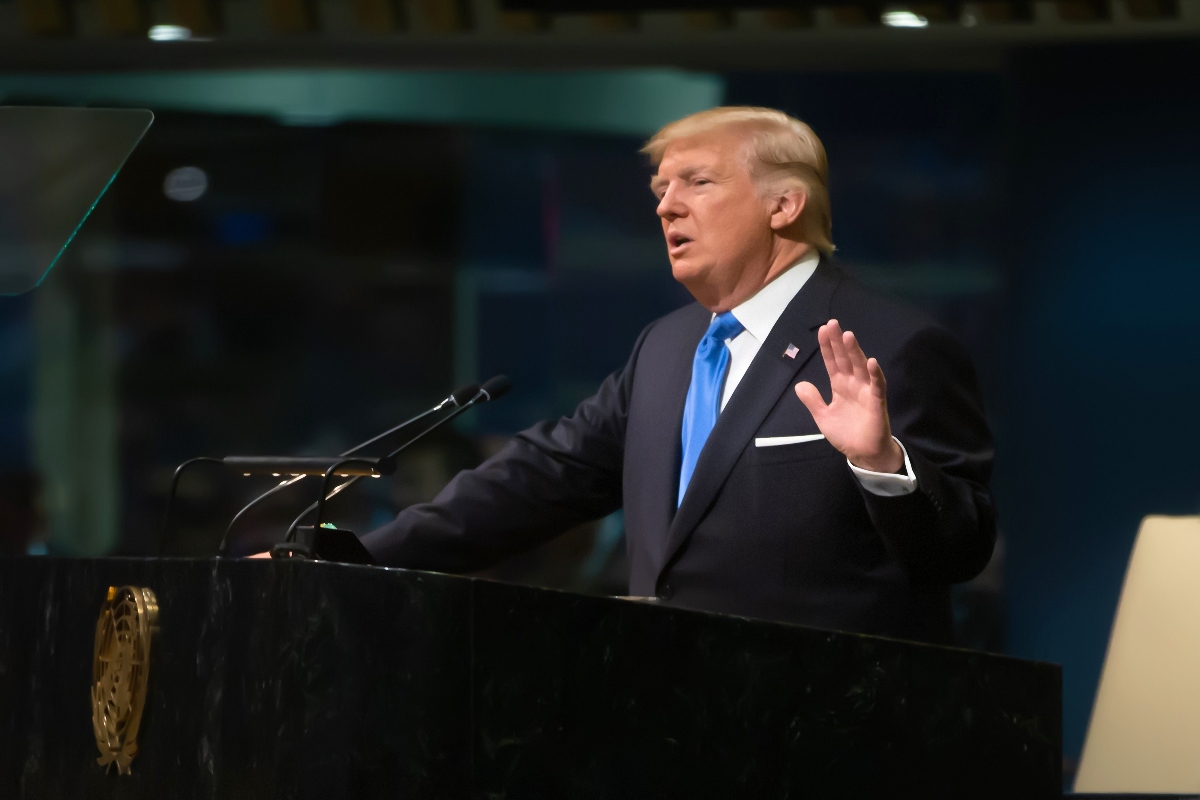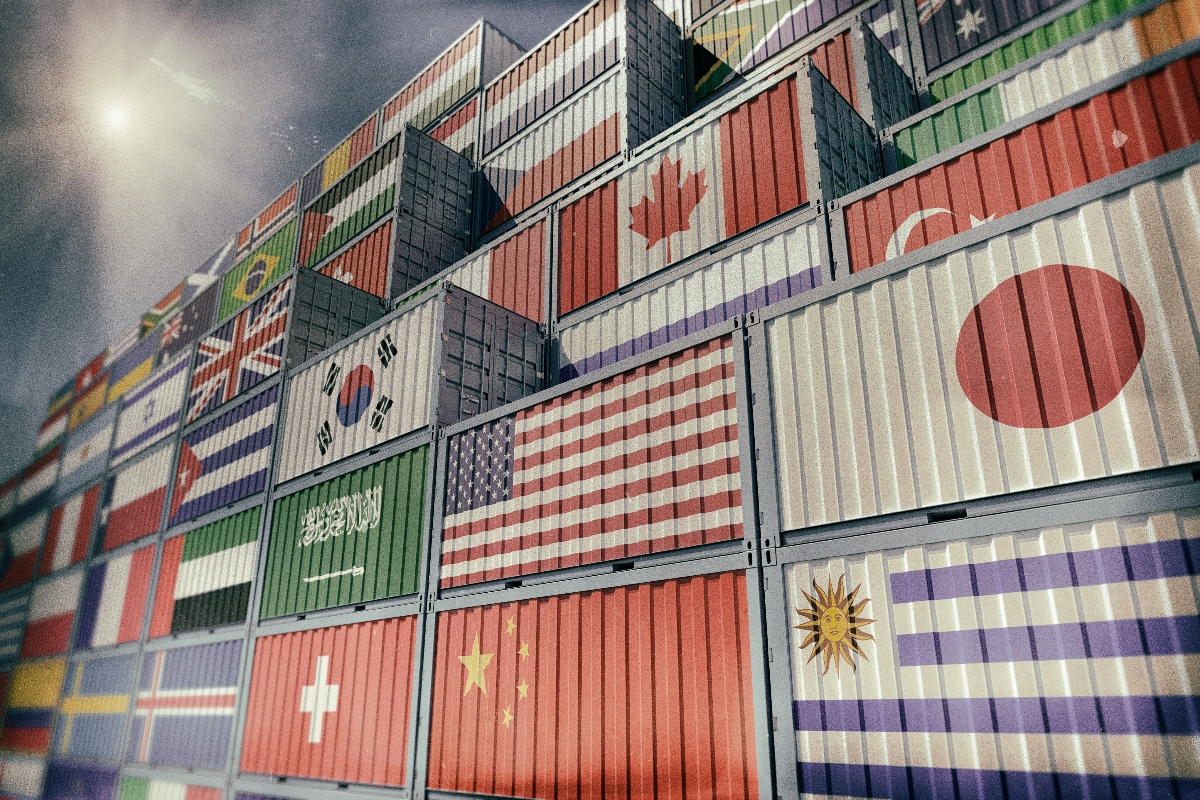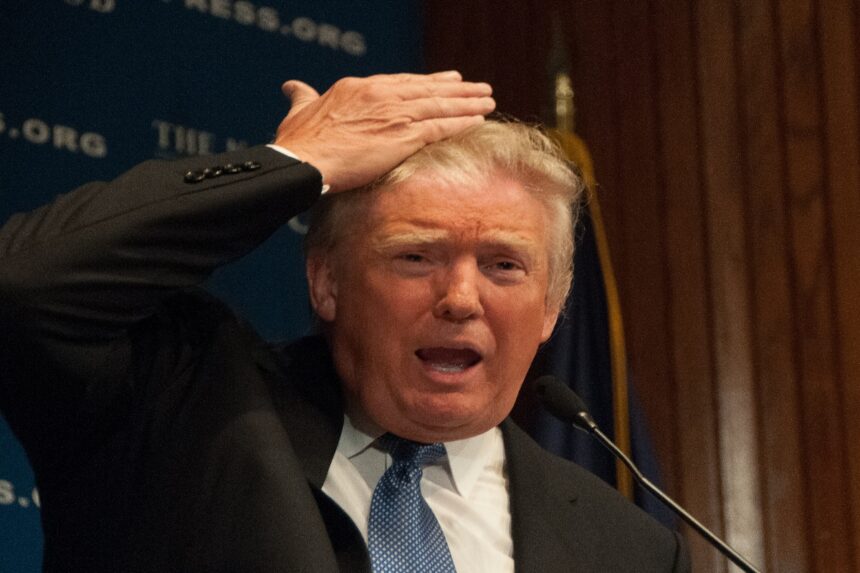Despite having promised a new era of beneficial trade agreements for the United States, President Donald Trump has made a turnaround in his discourse, as in May 2025, the president assured that there is no urgency to sign trade agreements and that it is other countries that need access to the U.S. market, not the other way around.
This shift in Trump’s stance comes weeks after he announced a new round of across-the-board tariffs targeting nations with which the U.S. has key trade. During the first days of the announcement, Trump had assured that dozens of countries would seek to negotiate quickly to avoid the imposition of these tariffs. However, more than a month later, no treaty has been formalized.
From multilateralism to unilateralism

The President stated that he could announce “100 agreements” without the need to sit down and negotiate bilaterally.
This suggests a redefinition of what is traditionally considered a trade agreement, replacing mutual negotiation with unilateral impositions from the White House.
In the words of the president himself:
“We could sign 25 agreements right now, but we don’t need them. They need to get into the U.S. market.”
Although this narrative is projected as a sign of strength, economic analysts warn about the instability that this strategy may generate in the short and medium term.
Especially if no real consensus is reached with the largest trading partners.
Uncertainty for the markets

The lack of clear agreements has had immediate effects on the financial markets.
The main stock exchanges recorded declines, especially in sectors sensitive to exports and imports, such as the automotive, agricultural and technology sectors.
Manufacturing companies have indicated that the increase in imported input costs could translate into layoffs or higher prices for consumers.
We could sign 25 agreements right now, but we don't need them
Donald Trump
For Hispanics in the U.S., this is not a minor issue.
Many work in industries directly impacted by trade policies: from agriculture and construction to supply chains and transportation.
In addition, the importation of food products from Latin America could be affected, which would have an impact on the pockets of millions of families.
What to expect in the coming months?

The Trump administration claims that these moves, the tariffs, seek to reposition the United States as the absolute leader in international trade.
However, without solid agreements in place, the strategy will depend on the response of the affected countries and the resilience of local industries.
Cabinet officials have indicated that talks are ongoing with at least 17 nations, although they exclude China from these rounds.
Expectations of signing formal treaties are still present, but with no clear date or publicly defined conditions.
In a context where presidential decisions can change tariffs immediately, Hispanic business owners, workers and consumers should stay informed and prepared for eventual changes in their sectors.
For more information, visit QueOnnda.com.























